#jayne anne phillips
Text
youtube
#my cover of mountain'r lower by jessica pratt#jessica pratt#indie music#mountain'r lower#shelter#jayne anne phillips#Youtube
6 notes
·
View notes
Text
0 notes
Text
0 notes
Text
Jayne Anne Phillips || Night Watch
Pulitzer Prize for Fiction 2024
Dare I admit I do not share the judges enthusiasm for Night Watch? I started reading it with lots of expectations, hoping for the best read in a long time. After a few pages disappointment started setting in: Night Watch did not fulfil my high strung expectations.
Night Watch takes place in and shortly after the Civil War in the United States. The Civil War is…
#reading is fun#American Civil War#American literature#American writer#Great Novel#Great reading#History of the United States of America#Jayne Anne Phillips#literature#Night Watch#Pulitzer Prize for Fiction 2024
0 notes
Text
JAYNE ANNE PHILLIPS
"Happy"
She knew if she loved him she could make him
happy, but she didn’t. Or she did, but it sank
into itself like a hole and curled up content.
Surrounded by the blur of her own movements, the
thought of making him happy was very dear to her.
She moved it from place to place, a surprise she
never opened. She slept alone at night, soul of
a naked priest in her sweet body. Small soft hands,
a bread of desire rising in her stomach. When she
lay down with the man she loved and didn’t, the
man opened and opened. Inside him an acrobat
tumbled over death. And walked thin wires with
nothing above or below. She cried, he was so
beautiful in his scarlet tights and white face
the size of a dime.
0 notes
Text
From her first to her most recent, Jayne Anne Phillips writes novels about ordinary people whose lives are forever changed by war.
Novelists like Jayne Anne Phillips are like running into someone you didn't know you grew up with.
She published her first novel Machine Dreams in 1984. I didn’t get to know her until very recently. After I reviewed a pre-release copy of Night Watch (2023), I went in search of her earlier work.
My pacifist views coupled with a lifelong fascination with the Civil War’s tragic impact on this country, gave me the perfect palate for Night Watch. It’s a novel about the painful ramifications of war…

View On WordPress
0 notes
Text
Jayne Anne Phillips
Happy
She knew if she loved him she could make him
happy, but she didn’t. Or she did, but it sank
into itself like a hole and curled up content.
Surrounded by the blur of her own movements, the
thought of making him happy was very dear to her.
She moved it from place to place, a surprise she
never opened. She slept alone at night, soul of
a naked priest in her sweet body. Small soft hands,
a bread of desire rising in her stomach. When she
lay down with the man she loved and didn’t, the
man opened and opened. Inside him an acrobat
tumbled over death. And walked thin wires with
nothing above or below. She cried, he was so
beautiful in his scarlet tights and white face
the size of a dime.
From issue no. 75 (Spring 1979), Paris Review
0 notes
Note
Advice/hard truths for writers?
The best piece of practical advice I know is a classic from Hemingway (qtd. here):
The most important thing I’ve learned about writing is never write too much at a time… Never pump yourself dry. Leave a little for the next day. The main thing is to know when to stop. Don’t wait till you’ve written yourself out. When you’re still going good and you come to an interesting place and you know what’s going to happen next, that’s the time to stop. Then leave it alone and don’t think about it; let your subconscious mind do the work.
Also, especially if you're young, you should read more than you write. If you're serious about writing, you'll want to write more than you read when you get old; you need, then, to lay the important books as your foundation early. I like this passage from Samuel R. Delany's "Some Advice for the Intermediate and Advanced Creative Writing Student" (collected in both Shorter Views and About Writing):
You need to read Balzac, Stendhal, Flaubert, and Zola; you need to read Austen, Thackeray, the Brontes, Dickens, George Eliot, and Hardy; you need to read Hawthorne, Melville, James, Woolf, Joyce, and Faulkner; you need to read Tolstoy, Dostoyevsky, Turgenev, Goncherov, Gogol, Bely, Khlebnikov, and Flaubert; you need to read Stephen Crane, Mark Twain, Edward Dahlberg, John Steinbeck, Jean Rhys, Glenway Wescott, John O'Hara, James Gould Cozzens, Angus Wilson, Patrick White, Alexander Trocchi, Iris Murdoch, Graham Greene, Evelyn Waugh, Anthony Powell, Vladimir Nabokov; you need to read Nella Larsen, Knut Hamsun, Edwin Demby, Saul Bellow, Lawrence Durrell, John Updike, John Barth, Philip Roth, Coleman Dowell, William Gaddis, William Gass, Marguerite Young, Thomas Pynchon, Paul West, Bertha Harris, Melvin Dixon, Daryll Pinckney, Darryl Ponicsan, and John Keene, Jr.; you need to read Thomas M. Disch, Joanna Russ, Richard Powers, Carroll Maso, Edmund White, Jayne Ann Phillips, Robert Gluck, and Julian Barnes—you need to read them and a whole lot more; you need to read them not so that you will know what they have written about, but so that you can begin to absorb some of the more ambitious models for what the novel can be.
Note: I haven't read every single writer on that list; there are even three I've literally never heard of; I can think of others I'd recommend in place of some he's cited; but still, his general point—that you need to read the major and minor classics—is correct.
The best piece of general advice I know, and not only about writing, comes from Dr. Johnson, The Rambler #63:
The traveller that resolutely follows a rough and winding path, will sooner reach the end of his journey, than he that is always changing his direction, and wastes the hours of day-light in looking for smoother ground and shorter passages.
I've known too many young writers over the years who sabotaged themselves by overthinking and therefore never finishing or sharing their projects; this stems, I assume, from a lack of self-trust or, more grandly, trust in the universe (the Muses, God, etc.). But what professors always tell Ph.D. students about dissertations is also true of novels, stories, poems, plays, comic books, screenplays, etc: There are only two kinds of dissertations—finished and unfinished. Relatedly, this is the age of online—an age when 20th-century institutions are collapsing, and 21st-century ones have not yet been invented. Unless you have serious connections in New York or Iowa, publish your work yourself and don't bother with the gatekeepers.
Other than the above, I find most writing advice useless because over-generalized or else stemming from arbitrary culture-specific or field-specific biases, e.g., Orwell's extremely English and extremely journalistic strictures, not necessarily germane to the non-English or non-journalistic writer. "Don't use adverbs," they always say. Why the hell shouldn't I? It's absurd. "Show, don't tell," they insist. Fine for the aforementioned Orwell and Hemingway, but irrelevant to Edith Wharton and Thomas Mann. Freytag's Pyramid? Spare me. Every new book is a leap in the dark. Your project may be singular; you may need to make your own map as your traverse the unexplored territory.
Hard truths? There's one. I know it's a hard truth because I hesitate even to type it. It will insult our faith in egalitarianism and the rewards of earnest labor. And yet, I suspect the hard truth is this: ineffables like inspiration and genius count for a lot. If they didn't, if application were all it took, then everybody would write works of genius all day long. But even the greatest geniuses usually only got the gift of one or two all-time great work. This doesn't have to be a counsel of despair, though: you can always try to place yourself wherever you think lightning is likeliest to strike. That's what I do, anyway. Good luck!
773 notes
·
View notes
Text
Gray suit, white shirt, Mr. Anonymous, moving with precision as he browses the engineering section and selects the book Hanna now holds in his hand. Self-contained, focused, alert. Neil flips pages back and forth. The camera angle shows electronic microphotography of various kinds of steel.
Michael Mann & Meg Gardiner, Heat 2, 2022
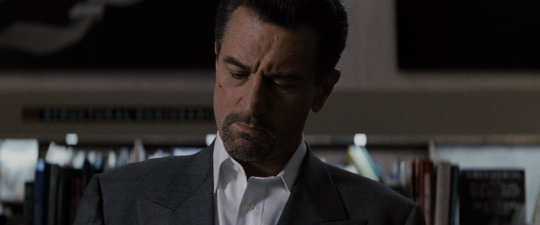
And how curious, what a distance he sought to travel from the grating sound of that c-h with its breadth of reference, its guttural history and culture, those heavy hallway smells and accents—from this to the unknown x, mark of mister anonymous.
Don DeLillo, Underworld: A Novel, 1997
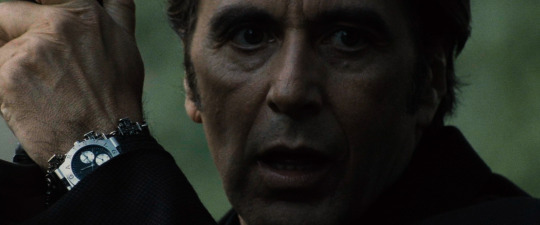
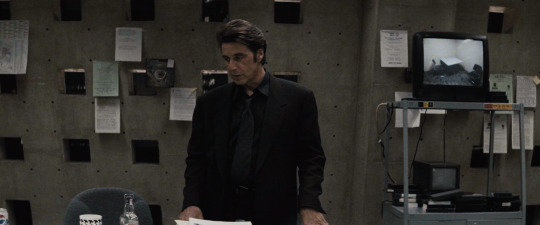

Hanna was haunted by dreams, dead bodies at a long table looking at him. They didn’t say anything. Their look imposed obligations. (Mann & Gardiner)
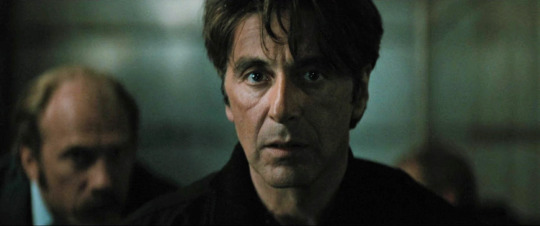

Ever in search of the father who disappeared, Delmore bade everyone call him by his first name. His name was the first contradiction to engage his poetic sensibility; it was not the name of a "nice Jewish boy." [...] Lou Reed, his former student, may know the truth: the writer who wrote a timeless story framed as a movie was named after Frank Delmore, a dancer in silent films. Perfect, for Schwartz's consciousness danced through towering, flickering images. His name was emblematic of concerns he explored in his work: generational divides between immigrants and their American-born children, tensions between old-world values and American social aspirations, the old manners and a brash new culture that celebrated the breakdown of class divides and made a liberating religion of artistic endeavor. [...]
Words read for decades or centuries are never erased. Schwartz once said that his subject was "the wound of consciousness." He was a dazzling writer whose work captures the quicksilver mercury of time, the enormous weight of anguish, and the exaltation of finding meaning in what might have been lost sadness and desperate waste. Irving Howe said that Schwartz "found a language for his parents' grief," but the story transforms history, place, and character into primal truth.
Jayne Anne Phillips, "The Wound of Consciousness: An Introduction to 'In Dreams Begin Responsibilities,'" The Iowa Review, 2014
#history is a nightmare etc etc.....#you know he probably would have kept me and everybody else fooled if he had not been so shamelessly overt with the book’s allusions#and chris shiherlis spouting full blown yinglish lmao. michael mann I’m in your walls#heat 2 midrash
30 notes
·
View notes
Text
This Week in the Book World - July 20th
⇒ Stock up on Sun-Sational Beach Reads
⇒ Author Ruby Todd discusses her debut novel 'Bright Objects.'
⇒ New Wellness Books To Read This Year
⇒ Ten lucky winners will win three books by Jayne Anne Phillips
⇒ The New York Times Best Books of the 21st Century
⇒ On the Podcast: Kevin Barry, Olivia Gatwood, and Ruth Ozeki
⇒ Summer Sparks: Free LGBTQ Romance
⇒ Stalkers, slashers, and cryptids abound in audiobooks
⇒ Horror In July Selection of New Horror Free for a limited time
⇒ New Kids’ & Young Adult Books To Read This Summer
Brick & Mortar, Audiobooks, Paperbacks, Podcasts, Author News and More
#BrickandMortarStore#podcasts#books#audiobooks#bookreleases#bookclubs#booknews#whatsnewinbooks#whattoread#comingsoon#newreleases#onsale#harlequin#simonoteen#simonschusteraudio#barnesnoble#harpercollins
2 notes
·
View notes
Note
lee! what are ur favorite books
im not at home so i cant go through my full list rn </3 but off the top of my head (and mostly ones that ive read/reread recently lol), john steinbeck's east of eden, hiromi kawakami's nakano thrift shop, sandra cisneros' the house on mango street, jayne anne phillips' black tickets, nabokov's lolita, danez smith's homie, and always anne carson's autobiography of red <3
7 notes
·
View notes
Text

2 April 1992
Queen Elizabeth II, Prince Philip, Princess Anne, and Peter and Zara Phillips visiting the 'Sovereign: A Celebration of Forty Years of Service' exhibition at the Victoria and Albert Museum in London
© Jayne Fincher
#this is cute#she's probably explaining the photos to her kids#or reminiscing#or asking Pa what was happening on the photo#queen elizabeth ii#prince philip#duke of edinburgh#princess anne#princess royal#peter phillips#zara phillips
35 notes
·
View notes
Photo

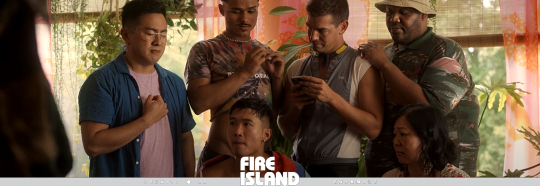
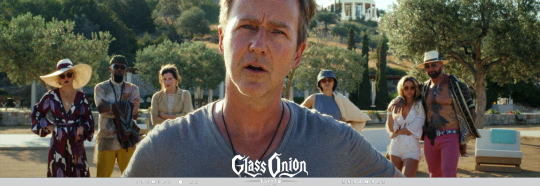
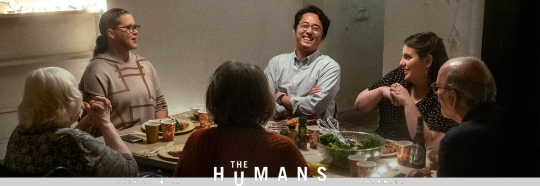

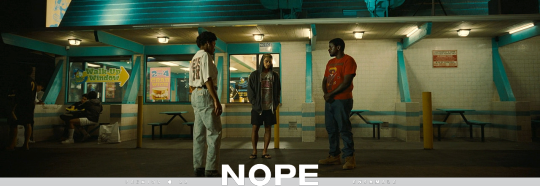
P⬤22
Ensamble
Everything Everywhere All At Once
Michelle Yeoh, Ke Huy Quan, Stephanie Hsu, Jamie Lee Curtis, James Hong, Tallie Medel, Jenny Slate, y Harry Shum Jr.
Fire Island
Joel Kim Booster, Bowen Yang, Conrad Ricamora, James Scully, Matt Rogers, Tomas Matos, Torian Miller, Nick Adams, Zane Phillips, y Margaret Cho
Glass Onion
Daniel Craig, Edward Norton, Janelle Monáe, Kathryn Hahn, Leslie Odom Jr., Jessica Henwick, Madelyn Cline, Noah Segan, Jackie Hoffman, Kate Hudson, y Dave Bautista
The Humans
Richard Jenkins, Jayne Houdyshell, Amy Schumer, Beanie Feldstein, Steven Yeun, y June Squibb
Mass
Reed Birney, Ann Dowd, Jason Isaacs, Martha Plimpton, Breeda Wool, Kagen Albright, y Michelle N. Carter
Nope
Daniel Kaluuya, Keke Palmer, Brandon Perea, Steven Yeun, Michael Wincott, Jacob Kim, Terry Notary, y Keith David
#Film#Ensemble#Everything Everywhere All At Once#Fire Island#Glass Onion#The Humans#Mass#Nope#Acting#Cast#Awards#O22#MG#⬤
12 notes
·
View notes
Text
The National Book Award finalists have been announced.

2023 Longlist for the National Book Award for Fiction:
Nana Kwame Adjei-Brenyah, Chain-Gang All-Stars Pantheon Books / Penguin Random House
Aaliyah Bilal, Temple Folk Simon & Schuster
Eliot Duncan, Ponyboy W. W. Norton & Company
Paul Harding, This Other Eden W. W. Norton & Company
Tania James, Loot Knopf / Penguin Random House
Jayne Anne Phillips, Night Watch Knopf / Penguin Random House
Mona Susan Power, A Council of Dolls Mariner Books / HarperCollins Publishers
Hanna Pylväinen, The End of Drum-Time Henry Holt and Company / Macmillan Publishers
Justin Torres, Blackouts Farrar, Straus and Giroux / Macmillan Publishers
LaToya Watkins, Holler, Child Tiny Reparations Books / Penguin Random House
2023 Longlist for the National Book Award for Nonfiction:
Ned Blackhawk, The Rediscovery of America: Native Peoples and the Unmaking of U.S. History Yale University Press
Jonathan Eig, King: A Life Farrar, Straus and Giroux / Macmillan Publishers
Viet Thanh Nguyen, A Man of Two Faces: A Memoir, A History, A Memorial Grove Press / Grove Atlantic
Prudence Peiffer, The Slip: The New York City Street That Changed American Art Forever Harper / HarperCollins Publishers
Donovan X. Ramsey, When Crack Was King: A People’s History of a Misunderstood Era One World / Penguin Random House
Cristina Rivera Garza, Liliana’s Invincible Summer: A Sister’s Search for Justice Hogarth / Penguin Random House
Christina Sharpe, Ordinary Notes Farrar, Straus and Giroux / Macmillan Publishers
Raja Shehadeh, We Could Have Been Friends, My Father and I: A Palestinian Memoir Other Press
John Vaillant, Fire Weather: A True Story from a Hotter World Knopf / Penguin Random House
Kidada E. Williams, I Saw Death Coming: A History of Terror and Survival in the War Against Reconstruction Bloomsbury Publishing
2023 Longlist for the National Book Award for Poetry:
John Lee Clark, How to Communicate W. W. Norton & Company
Oliver de la Paz, The Diaspora Sonnets Liveright / W. W. Norton & Company
Annelyse Gelman, Vexations University of Chicago Press
José Olivarez, Promises of Gold Henry Holt and Company / Macmillan Publishers
Craig Santos Perez, from unincorporated territory [åmot] Omnidawn Publishing
Paisley Rekdal, West: A Translation Copper Canyon Press
Brandon Som, Tripas Georgia Review Books / University of Georgia Press
Charif Shanahan, Trace Evidence Tin House Books
Evie Shockley, suddenly we Wesleyan University Press Monica Youn, From From Graywolf Press
2023 Longlist for the National Book Award for Translated Literature:
Juan Cárdenas, The Devil of the Provinces Translated from the Spanish by Lizzie Davis Coffee House Press
Bora Chung, Cursed Bunny Translated from the Korean by Anton Hur Algonquin Books / Hachette Book Group
David Diop, Beyond the Door of No Return Translated from the French by Sam Taylor Farrar, Straus and Giroux / Macmillan Publishers
Jenny Erpenbeck, Kairos Translated from the German by Michael Hofmann New Directions Publishing
Stênio Gardel, The Words That Remain Translated from the Portuguese by Bruna Dantas Lobato New Vessel Press
Khaled Khalifa, No One Prayed Over Their Graves Translated from the Arabic by Leri Price Farrar, Straus and Giroux / Macmillan Publishers
Fernanda Melchor, This Is Not Miami Translated from the Spanish by Sophie Hughes New Directions Publishing
Pilar Quintana, Abyss Translated from the Spanish by Lisa Dillman World Editions
Astrid Roemer, On a Woman’s Madness Translated from the Dutch by Lucy Scott Two Lines Press
Mohamed Mbougar Sarr, The Most Secret Memory of Men Translated from the French by Lara Vergnaud Other Press
2023 Longlist for the National Book Award for Young People’s Literature:
Erin Bow, Simon Sort of Says Disney-Hyperion Books / Disney Publishing Worldwide
Kenneth M. Cadow, Gather Candlewick Press
Alyson Derrick, Forget Me Not Simon & Schuster Books for Young Readers / Simon & Schuster
Huda Fahmy, Huda F Cares? Dial Books for Young Readers / Penguin Random House
Vashti Harrison, Big Little, Brown Books for Young Readers / Hachette Book Group
Katherine Marsh, The Lost Year: A Survival Story of the Ukrainian Famine Roaring Brook Press / Macmillan Publishers
Dan Nott, Hidden Systems: Water, Electricity, the Internet, and the Secrets Behind the Systems We Use Every Day Random House Graphic / Penguin Random House
Dan Santat, A First Time for Everything First Second / Macmillan Publishers
Betty C. Tang, Parachute Kids Graphix / Scholastic, Inc.
Yohuru Williams and Michael G. Long, More Than a Dream: The Radical March on Washington for Jobs and Freedom Farrar, Straus and Giroux Books for Young Readers / Macmillan Publishers
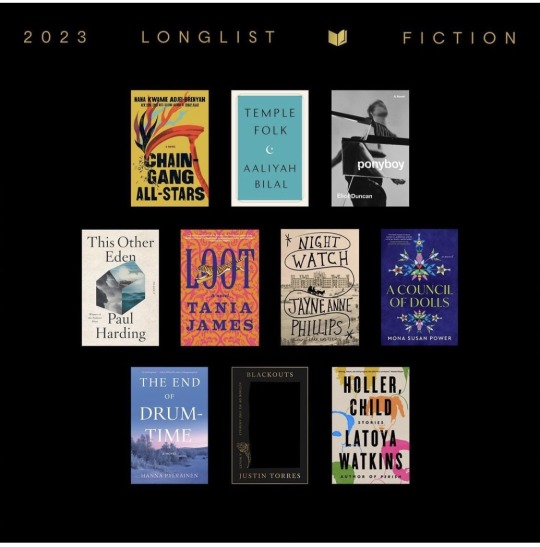
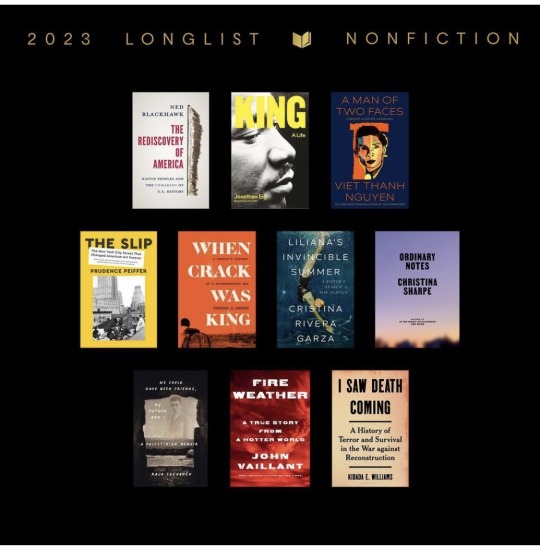
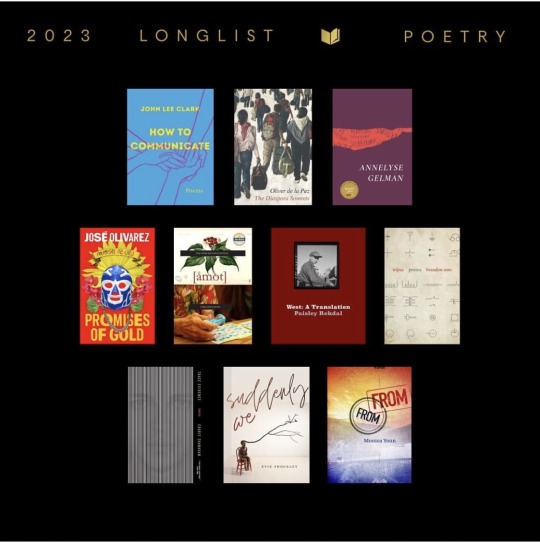
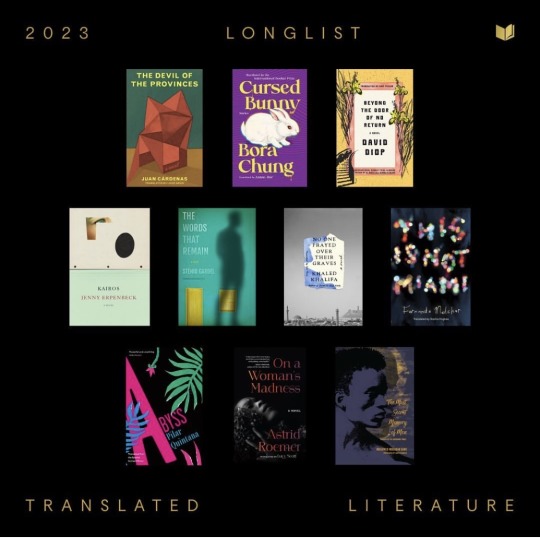

4 notes
·
View notes